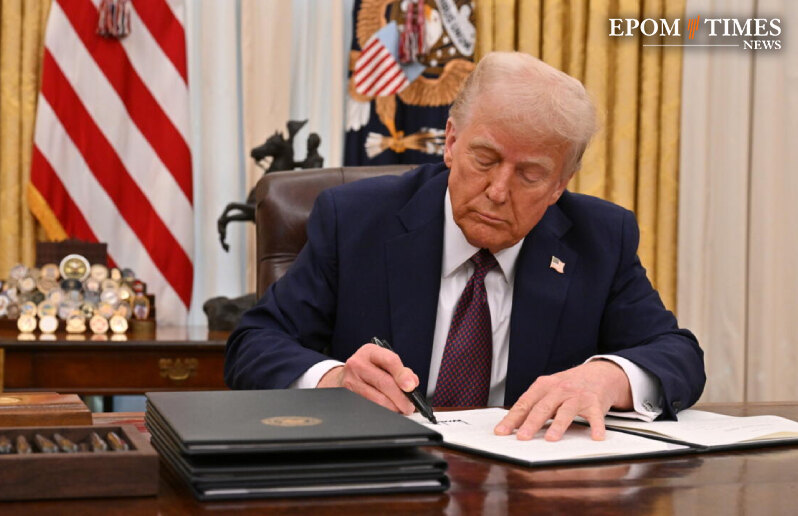In a significant directive, former President Donald Trump has signed an executive order mandating the declassification of government records related to the assassinations of President John F. Kennedy, Senator Robert F. Kennedy, and civil rights leader Martin Luther King Jr. The move, framed as a push for transparency, seeks to address decades of public curiosity and speculation surrounding these pivotal historical events.
The executive order establishes specific timelines for the process. The Director of National Intelligence (DNI) has been instructed to devise a plan for releasing JFK-related records within 15 days, while documents concerning RFK and MLK are to follow within 45 days.
The initiative is being positioned as a response to persistent demands for full disclosure of records tied to these high-profile assassinations. Trump has emphasized the importance of public access to information, highlighting his campaign promise to fully release the JFK assassination files.
Many of these documents have been classified for years, with previous administrations citing national security concerns as the primary reason for restricting public access. By signing the order, Trump underscored the historical and societal significance of these records, which have remained shrouded in secrecy for decades.
The assassinations of John F. Kennedy in 1963, Robert F. Kennedy in 1968, and Martin Luther King Jr. in 1968 are among the most consequential events in 20th-century American history.
JFK was fatally shot during a motorcade in Dallas, Texas, an event that shocked the world. The Warren Commission later concluded that Lee Harvey Oswald acted alone, a finding that has been questioned by skeptics and conspiracy theorists for years.
Robert F. Kennedy, a Democratic presidential candidate, was killed shortly after delivering a victory speech in Los Angeles. His assassin, Sirhan Sirhan, was convicted, but lingering questions about the incident have kept the case under scrutiny.
Martin Luther King Jr., a leading figure in the civil rights movement, was assassinated in Memphis, Tennessee. His death, officially attributed to James Earl Ray, sparked nationwide mourning and unrest. Like the other cases, King’s assassination remains the subject of numerous theories suggesting broader involvement.
The decision to declassify these records has drawn varied reactions. Advocates for transparency have hailed the move as a long-overdue step toward uncovering the truth behind these historical tragedies. However, critics have raised concerns about the timing and potential political motivations behind the announcement.
Jack Schlossberg, the grandson of President John F. Kennedy, criticized the move, describing it as a “political ploy” that could amplify conspiracy theories surrounding his grandfather’s assassination. Schlossberg noted that many of these theories have been debunked and argued that the decision does little to serve the public interest.
While the declassification of these documents may not resolve all the debates surrounding these events, it is expected to provide new insights into the investigations and circumstances of the assassinations. Experts caution that some records may still be redacted to protect national security or the privacy of individuals mentioned in the files.
The release of these records could mark a pivotal moment in the ongoing quest for transparency and historical understanding. As the deadlines approach, historians and the public alike are eager to see what these long-classified documents might reveal about events that shaped modern American history.



